In recent years, the automotive landscape in India has witnessed a significant shift towards sustainable transportation, with a growing emphasis on electric vehicles (EVs). As the world takes strides towards reducing carbon emissions and combating climate change, the adoption of electric vehicles has become a priority in India’s automotive sector. This article delves into the current electric vehicles market share in India, exploring the factors driving the growth and the challenges that lie ahead.
The Growing Popularity of Electric Vehicles
The electric vehicle market in India has experienced substantial growth over the past few years. Government incentives, technological advancements, and increased environmental awareness have spurred the adoption of electric cars, two-wheelers, and buses across the country. Leading automobile manufacturers have also invested heavily in EV production, adding to the market’s momentum.
EV Market Share in India: The Numbers
As of the latest data, electric vehicles account for a notable share of the overall automotive market in India. While traditional internal combustion engine (ICE) vehicles still dominate the market, the EV segment is steadily gaining ground. Electric cars, in particular, have seen significant growth, with an increasing number of models available and improved charging infrastructure.
Factors Driving the Growth
Several factors have contributed to the rise in electric vehicle market share in India:
Government Incentives: The Indian government has introduced various incentives and subsidies to promote the adoption of electric vehicles. These include reduced GST rates, income tax benefits, and subsidies on EV purchases.
Environmental Concerns: Growing awareness of climate change and environmental issues has motivated consumers to shift towards cleaner transportation options, like electric vehicles.
Technological Advancements: Advances in battery technology, increased driving range, and improved charging infrastructure have addressed some of the initial concerns regarding EVs, making them more attractive to consumers.
Rising Fuel Costs: Fluctuating fuel prices have driven consumers to explore more economical and sustainable alternatives, such as electric vehicles.
Challenges in the Electric Vehicle Market
Despite the significant progress, the ev market share in India also faces certain challenges:
Infrastructure Development: A robust charging infrastructure is essential for the widespread adoption of electric vehicles. While efforts are underway to expand charging stations, there is still a need for further development.
Affordability: The initial cost of electric vehicles remains relatively higher than traditional ICE vehicles. Although government incentives help bridge the gap, affordability remains a concern for some consumers.
Range Anxiety: Concerns about the driving range of electric vehicles and the availability of charging stations can deter potential buyers. However, with improvements in battery technology, the range of EVs has significantly increased.
Limited Model Options: While more electric vehicle models are now available, the market still lacks the diversity seen in traditional ICE vehicles. A wider range of options could attract a broader consumer base.
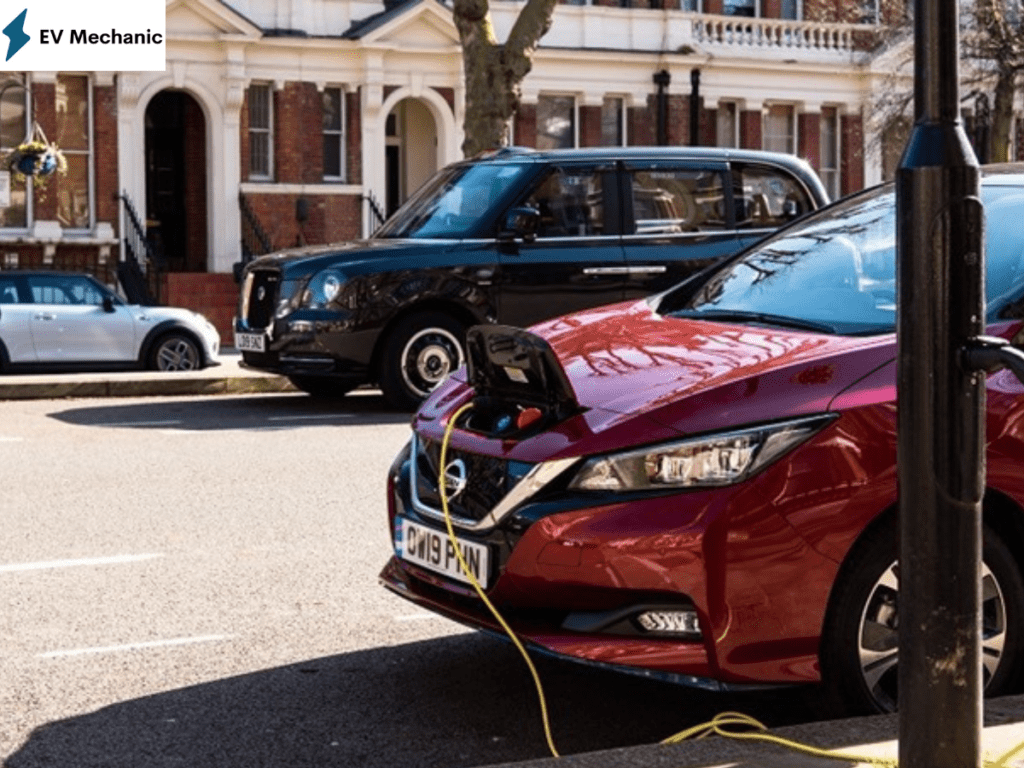
The Road Ahead
The future of electric vehicles in India appears promising. Government initiatives, coupled with technological advancements and changing consumer preferences, will likely drive the growth of electric vehicle market share in the coming years. As more automakers invest in electric vehicle production and charging infrastructure expands, the Indian automotive industry is set to embrace the green revolution.
Conclusion
The electric vehicles market share in India is steadily growing, driven by government incentives, environmental consciousness, and technological advancements. While challenges remain, the automotive industry is actively addressing them to facilitate the transition to electric mobility. With the collective efforts of policymakers, manufacturers, and consumers, India’s electric vehicle market is poised to shape a greener and more sustainable future


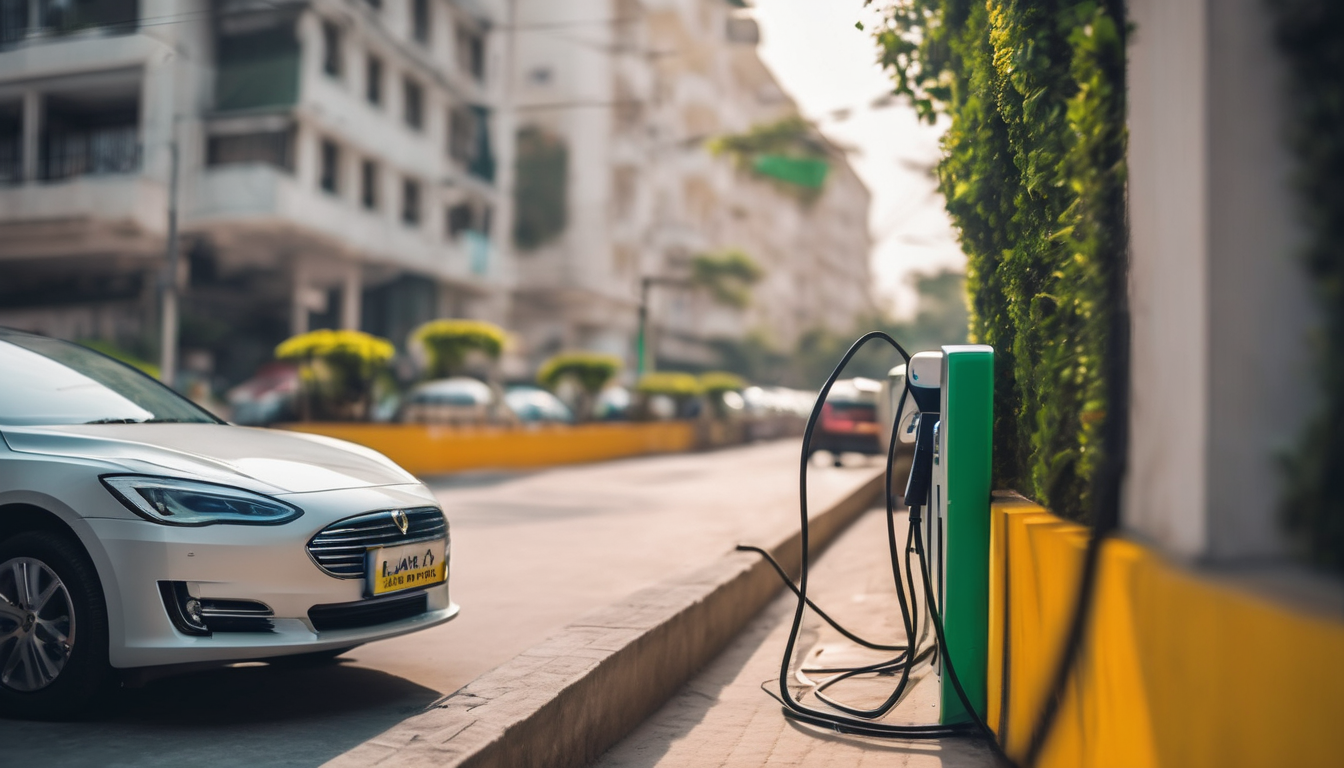
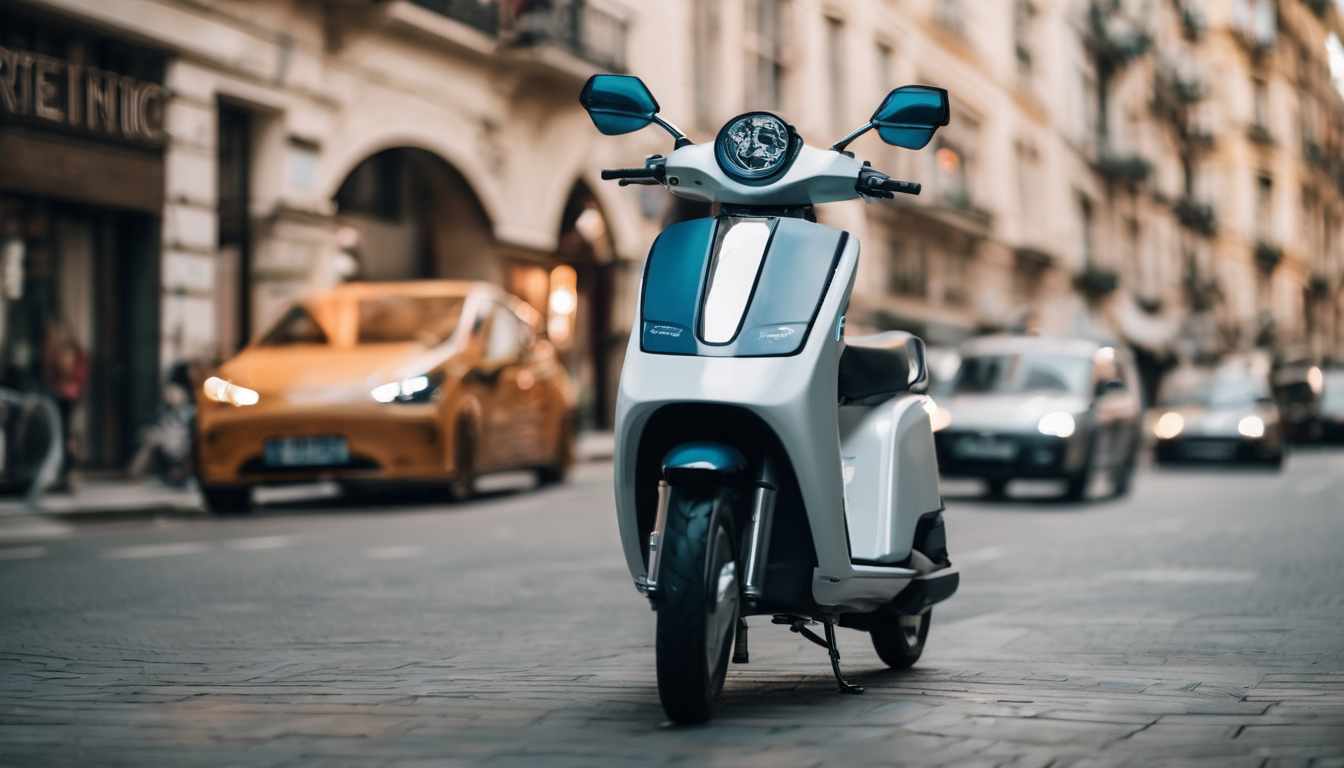
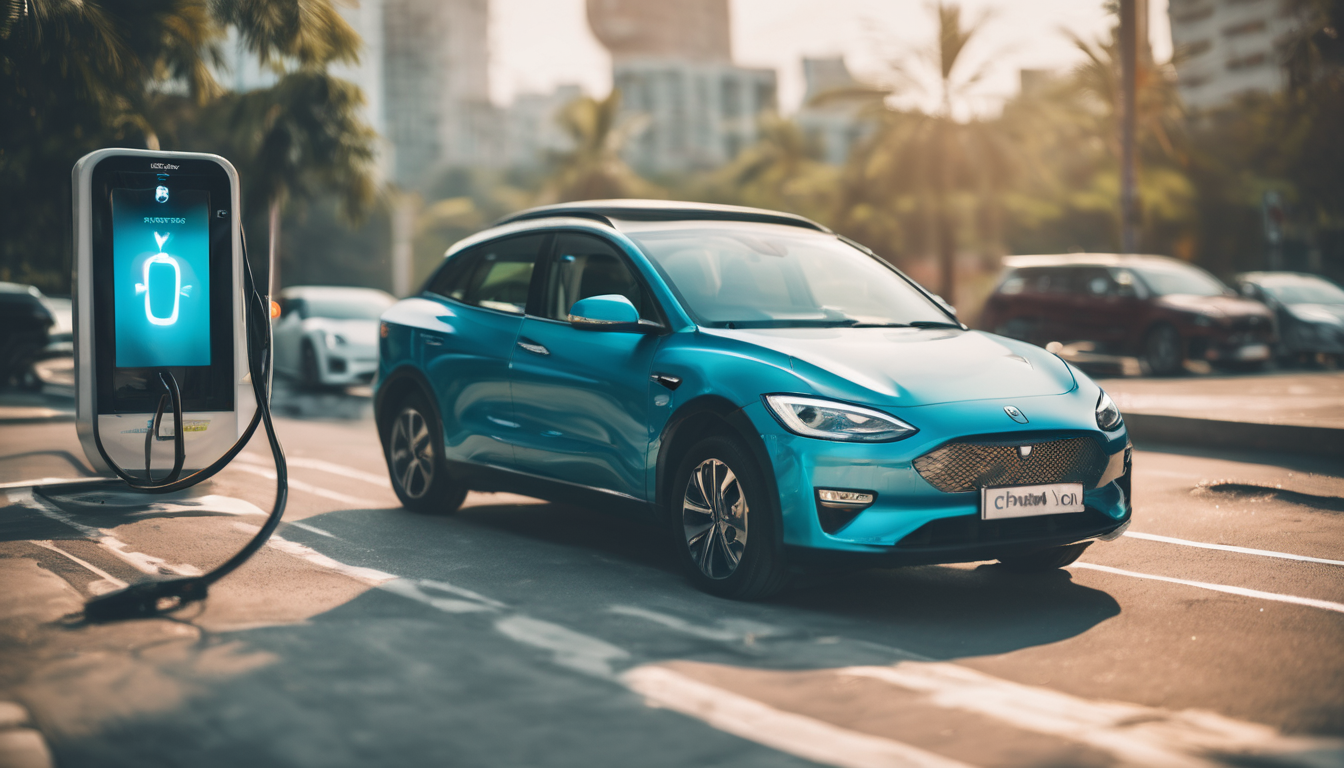
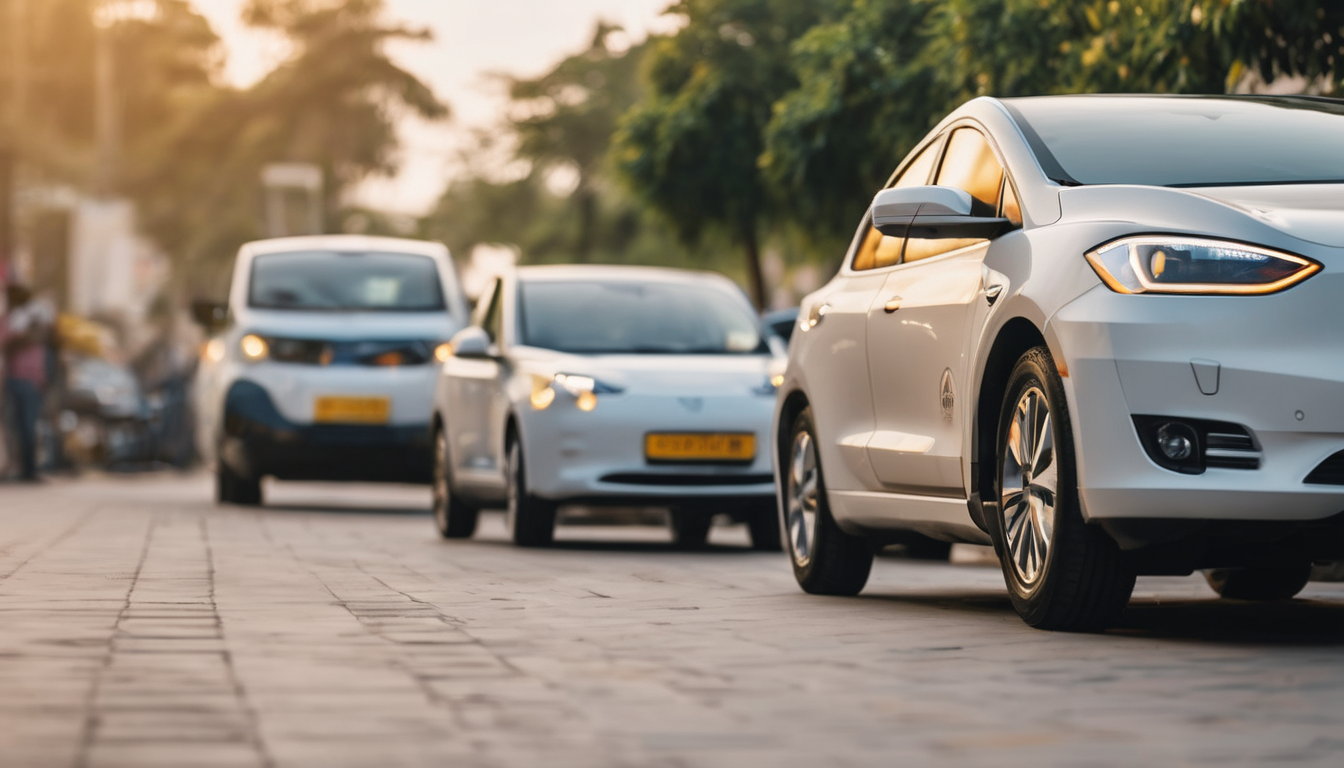
Very interesting topic, regards for posting.Money from blog